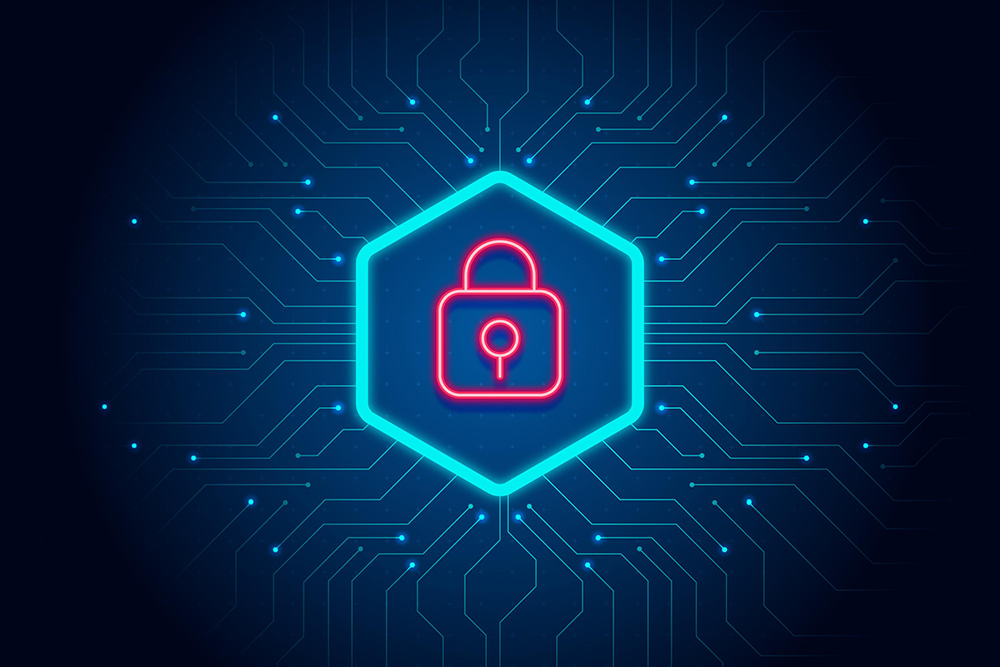With the digital revolution around all businesses, organizations and even governments are relying on computerized systems to manage their day-to-day activities and thus making cybersecurity a primary goal to safeguard data.
In the last couple of years, as businesses and organizations switched their workforces to remote connectivity, many security teams shifted their attention to deploying enterprise-wide VPNs and partnering with employees to harden their home networks/devices.
Also, modern technologies like digitally connected devices (and broadly, the Internet of Things or “IoT”) have been integrated into every facet of modern life. Along with this proliferation of advanced IoT devices comes increased cyber security risks for individuals, businesses and governments.
Let’s see the top 5 inventions in cybersecurity that are making our day-to-day activities safer:
1. Artificial Intelligence & Deep Learning
Artificial Intelligence is quite a buzzword these days. We have already talked about its great potential applied to the finance industry on this news blog. You can read about it here.
Its application in cybersecurity is in a way similar, relying on the automatisation of tasks to generate behavioural predictions or building sophisticated databases in real-time.
One use of AI in cybersecurity with which we are all familiarised is two-factor authentication.
Two-factor authentication works by confirming a user’s identity based on 2-3 different parameters. The parameters are, something they know, are and have. Add to that additional layers of information and authentication, and that is where AI comes into the picture. Deep learning is being used to analyze data such as logs, transactions and real-time communications to detect threats or unwarranted activities.
2. Blockchain Cybersecurity

Blockchain cyber security is one of the latest cyber security technologies that’s gaining momentum and recognition. Blockchain technology works on the basis of identification between the two transaction parties. Similarly, blockchain cyber security works on the basis of blockchain technology’s peer-to-peer network fundamentals.
Every member in a blockchain is responsible for verifying the authenticity of the data added. Moreover, blockchains create a near-impenetrable network for hackers and are our best bet at present to safeguard data from a compromise. Therefore, the use of blockchain with the before mentioned Artificial Intelligence can establish a robust verification system to keep potential cyber threats away.
3. Zero-Trust Model
As the name itself states, this model of cyber security is based on the consideration that a network is already compromised. By believing that one cannot trust the network, one would obviously have to enhance both ‘internal’ and ‘external’ securities.
The essence of this system is that both internal and external networks are susceptible to a compromise and need equal protection. It includes identifying business-critical data, mapping the flow of this data, logical and physical segmentation, and policy and control enforcement through automation and constant monitoring.
4. ICS for Internet of Things (IoT) devices

Internet of Things (IoT) devices have become one of the biggest advances in the latest years, representing a wide variety of non-traditional devices such as medical devices, cars, drones, simple sensors and more. These unique devices often pose a security challenge due to the limited size and lack of innate security, making them difficult to secure with traditional security controls and methodologies. It is a combination of these factors that have rendered many devices vulnerable to attacks.
That is why a new branch of engineering has arisen, working with highly sophisticated Industrial Control Systems (ICS). These engineers and software developers are in charge of developing and maintaining each of these elements in order for an IoT/ICS device to work properly and securely.
5. VPN
VPN stands for “Virtual Private Network” and describes the opportunity to establish a protected network connection when using public networks. VPNs encrypt your internet traffic and disguise your online identity. This makes it more difficult for third parties to track your activities online and steal data. The encryption takes place in real time.
A VPN hides your IP address by letting the network redirect it through a specially configured remote server run by a VPN host. This means that if you surf online with a VPN, the VPN server becomes the source of your data. This means your Internet Service Provider (ISP) and other third parties cannot see which websites you visit or what data you send and receive online. A VPN works like a filter that turns all your data into “gibberish”. Even if someone were to get their hands on your data, it would be useless.



